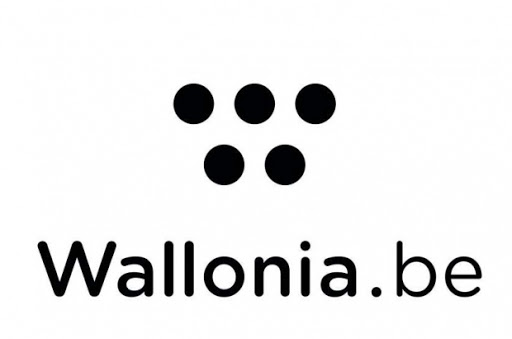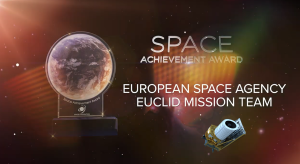And the 2024 Space Achievement Award Goes to… EUCLID, ESA’s Dark Universe Mission Carrying SPACEBEL Technology
Excellent news for ESA’s Euclid mission team!
During the Space Symposium running from April 8th until April 11th 2024 in Colorado Springs (USA), they received this year’s Space Achievement Award from the Space Foundation.
A wonderful recognition for all those involved in the success story of this fabulous mission launched on July 1st 2023 to explore some of the most mysterious secrets of the Universe: dark matter and dark energy.
The SPACEBEL Euclid project team also deserves a special round of applause for their contribution to this scientific breakthrough mission: the development, on behalf of Thales Alenia Space Italy, Euclid's prime contractor, of the Euclid control and data management unit application software, which controls the spacecraft and all its sub-systems, including the payloads. It has been one of the most complex software systems realised by SPACEBEL to date, involving a team of some ten engineers since 2015.
The Space Foundation's Space Achievement Award honours people or organisations that have accomplished revolutionary Space technology or programme or product success representing significant milestones in the evolution of Space exploration and development.
Congrats to all Euclid stakeholders on this outstanding achievement!




